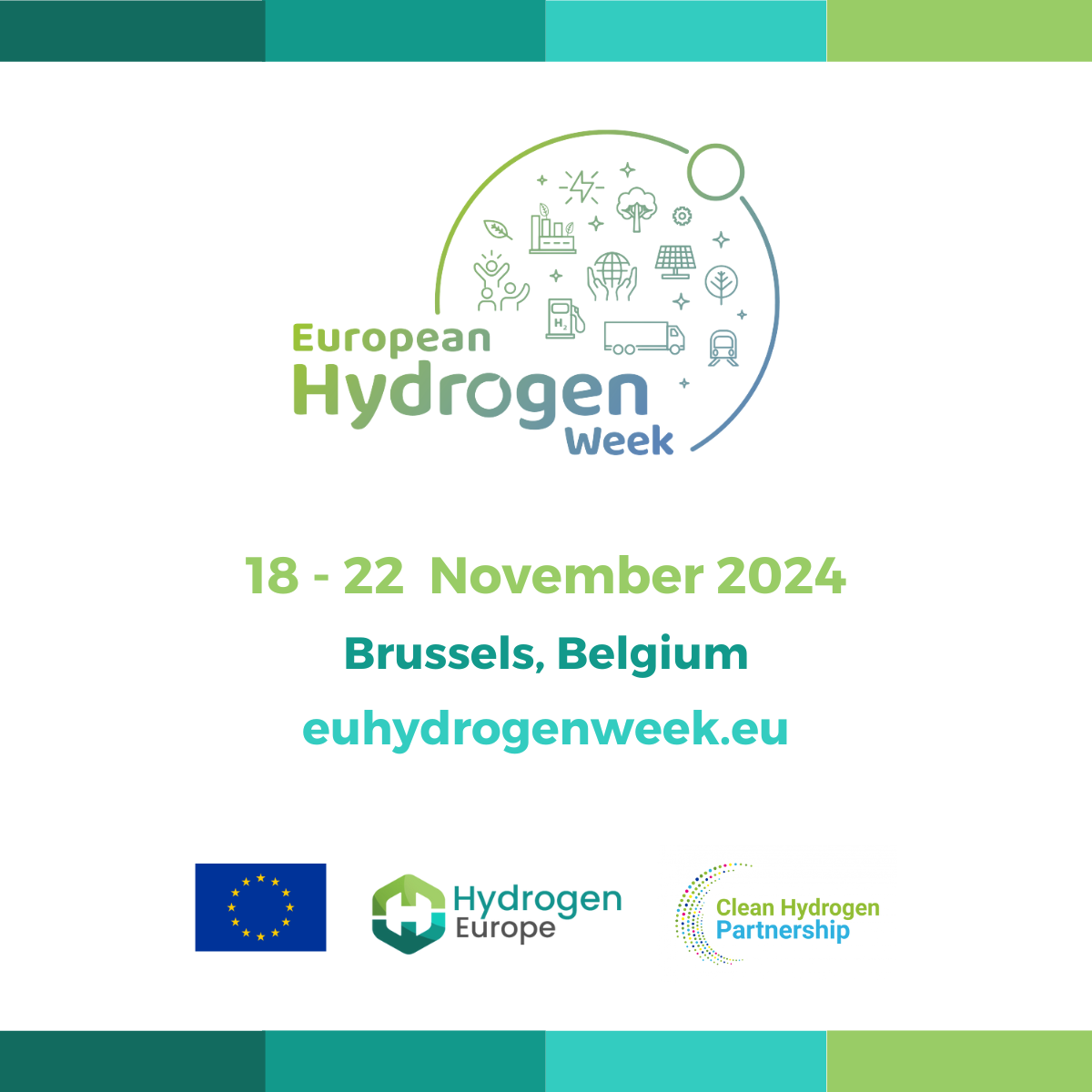
EDPR solar farm to power Lhyfe H2 project
25 January 2024
Qair and Airbus join forces to advance SAFs in Occitanie, France
26 January 2024In November 2023, Advent issued a Press Release announcing the successful agreement on terms and conditions with Airbus. Today, Advent officially announced the signing of the agreement with Airbus for this $13-Million Joint Benchmarking Project by submitting an 8-K filing. The filing can be accessed here.
Project Objectives: This collaborative initiative aims to optimize Advent’s proprietary Ion Pair™ Membrane Electrode Assembly (MEA), a key component in hydrogen fuel cells. The goal is to accelerate the development of Advent’s MEA and benchmark it against aviation requirements and current/expected technological limits. The primary objective of the project is to support Airbus in achieving its goal of powering aircraft entirely by fuel cells. More information regarding Airbus’ journey towards low-carbon aviation can be found here.
MEA’s Crucial Role: MEAs play a pivotal role in determining a fuel cell’s performance, influencing critical factors such as lifetime, efficiency, weight, and cost. Advent’s Ion Pair™ MEAs have already shown extended operational lifetimes and operate at higher current densities compared to current MEAs, promising a significant reduction in powertrain system weight and volume through streamlined balance of plant and cooling subsystems.
Advent’s Expertise: Through Advent’s active participation in the U.S. Department of Energy’s L’Innovator™ program and collaborations with esteemed institutions like Los Alamos National Laboratory, Brookhaven National Laboratory, and the National Renewable Energy Laboratory, we are now in the process of commercializing our innovative Ion Pair™ MEA technology. It is worth mentioning that Advent recently received the esteemed Richard P. Feynman Innovation Prize for Technology Transfer Excellence from the U.S. Department of Energy’s Los Alamos National Laboratory.
HT-PEM fuel cell technology: Thanks to HT-PEM fuel cell technology, the prospect of fuel-cell-powered flights becoming a reality is imminent. This innovative technology operates at elevated temperatures, from 120°C to 220°C, overcoming thermal management challenges in aviation and significantly improving performance, passenger capacity, and range. With a water-free advantage, HT-PEM ensures consistent and reliable performance even in extreme flight conditions. The technology’s lightweight thin plates enable aircraft to achieve extended range, increased payload capacity, and rapid refueling, surpassing typical battery recharge times. Additionally, HT-PEM fuel cells adapt to various hydrogen-containing fuels, broadening energy choices for the aviation industry, while their durability and efficiency offer a longer operational life and enhanced reliability compared to low-temperature PEM fuel cells.



